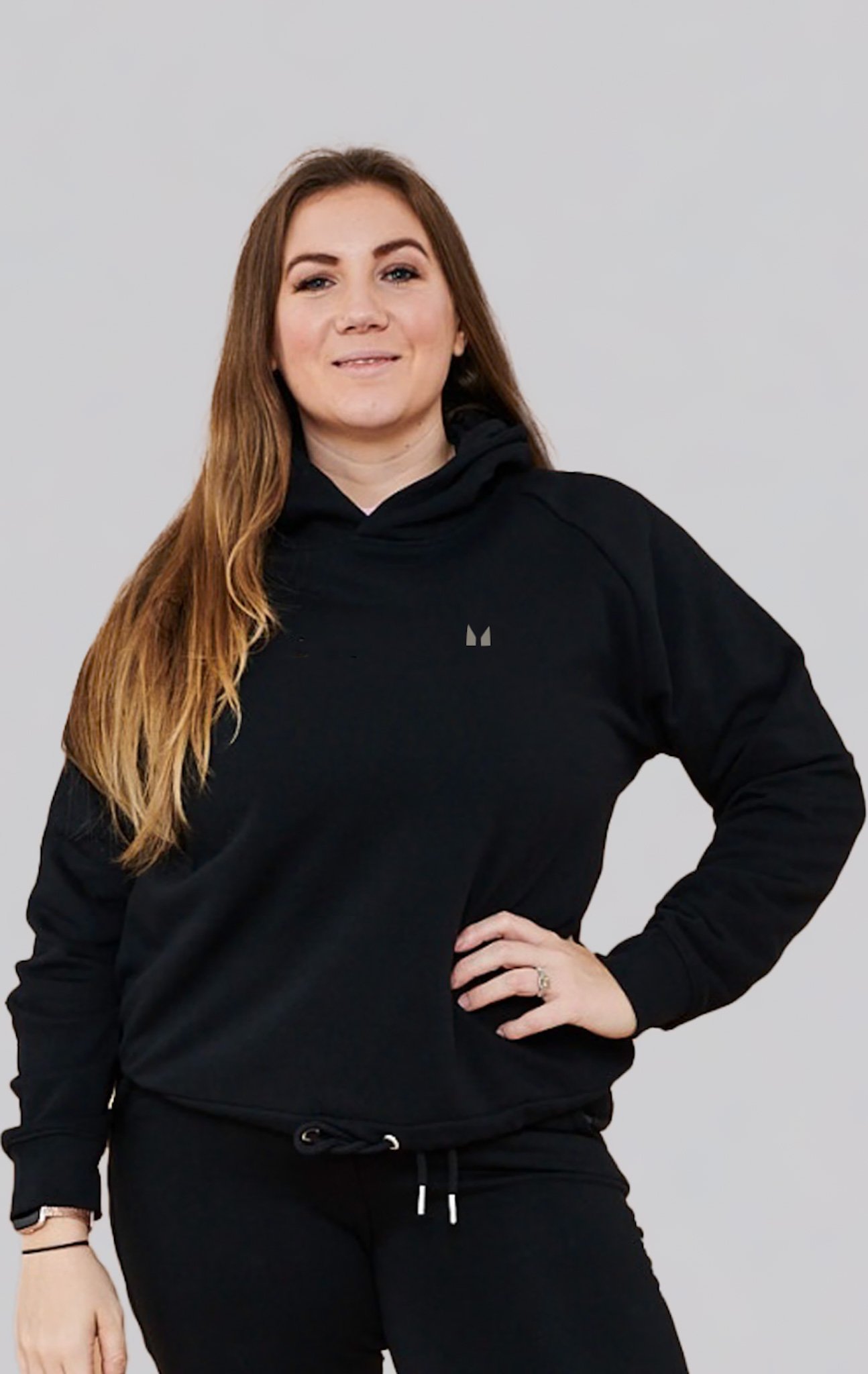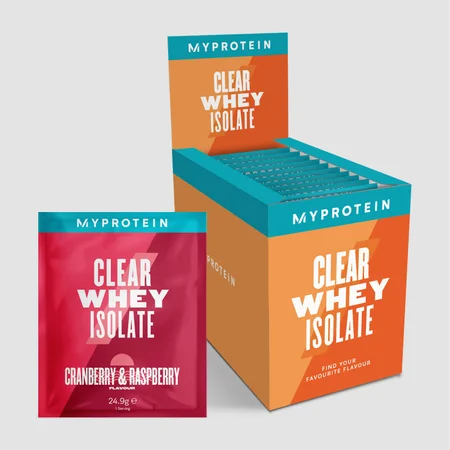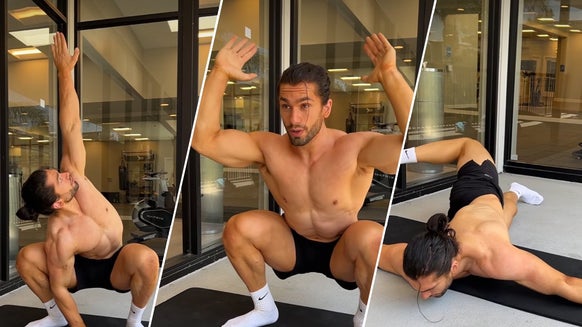Beach Body Debunked: Why Getting A Beach Body Is BS

The weather is hotting up, which means summer holiday season is nearly upon us. While sun, sea and sand bring joy to many, this time of year can also be one of anxiety, with some people worrying about how they’ll look on the beach.
This is mostly down to years of messaging about having to get in shape for summer holidays by being “beach-body ready”. The thing is “beach bodies” are total BS. Here’s why.
What even is a “beach body”, and why is it a harmful phrase?
We’ve all heard the phrase “beach body”, but what does it even mean? Basically, it’s the idea that you need to get “in shape” before you can set foot on the beach, which is obviously ridiculous and harmful for many reasons.
While there’s nothing wrong with wanting to get fit and be healthier, the problem is the belief that some bodies belong on a beach and others don’t — and that you need to prepare your body to fit this ideal.
Unfortunately, this isn’t an idea that seems to be shared across society. A 2021 study revealed that 58% of adults in the UK have experienced some form of weight stigma.1
The media has helped shape warped perceptions of the body. A separate study showed that 69% of participants acknowledged that images in magazines had influenced ideas about “ideal” body weight, with 47% expressing a desire to lose weight after seeing these images.2
Social media has also contributed to unrealistic body expectations, especially among young people. Recent research found that 53% of young adults who believed they weren’t thin enough or feared becoming too fat showed “clinically significant” symptoms of body dysmorphic disorder.3
These studies show the harmful effects that phrases like “beach body” could have on both adults and young people, and why it’s important to promote healthy body ideals and embrace bodies of all shapes and sizes.
Bodies aren’t “good” or “bad”
Unfortunately, society conditions us to see certain body types as either “good” or “bad”. Smaller, thinner bodies are often considered “good”, while larger builds are seen as “bad”.
For many years these harmful body ideals have been perpetuated in newspapers, magazines, and on TV — and social media arguably has only made things worse.
This sort of labelling may not seem like a serious issue, but it can have a significant effect on self-esteem and confidence. People chasing the “good” ideal may feel compelled to resort to extreme measures to achieve it, while people with it may feel extraordinary pressure to maintain it.
The first step towards feeling comfortable in your own skin is to try to forget these labels. It’s not easy — especially when they seem so pervasive — but all that matters is your own health and your own happiness. Nothing else.
How sustainable is a “beach body” anyway?
From dieting teas to “fat-burning” leggings, methods for getting a beach body mostly consist of quick fixes that don't work long term.
These quick fixes, like severe dieting, and extreme workouts, not only rarely work — they can also cause long-term damage. Yo-yo dieting, in particular, can lead to some serious health issues.
Focus less on “needing” to get a beach body. There’s no shame in wanting to get fitter or lose weight, but it’s essential it’s done safely and for the right reasons.
Results that last — if losing body weight is your main goal — take time, commitment and consistency. Any responsible trainer will tell you this — losing 0.5-1kg per week is a healthy, sustainable approach.

What if you want to get fitter?
If you want to get fitter, lose body weight, or just live a little more healthily, you need to think about it as a long-term process that’ll take time, commitment, and consistency.
It's crucial to commit to real lifestyle changes, but even small changes can lead to big progress over time. Spend some time learning about different foods and your energy needs, then come up with a well-rounded training and nutrition plan you can realistically follow.
Setting out long-term sustainable goals is a great way to build a healthier relationship with your body without having to give up everything you enjoy.
How to find a different goal
We often associate our worth and happiness with our appearance, but it’s essential to strive for more than just looking good. Regardless of its shape and size, your body is capable of so many things — so think beyond how it looks.
Setting goals that benefit your overall health can be far more rewarding and easier to stick to than goals solely focused on physical or aesthetic outcomes.
Ask yourself if there are any sports you’ve always wanted to try, skills you’ve wanted to learn, or PB targets you’ve had in the back of your mind, and make these your goal. Focusing on achieving something new should help bring a higher level of satisfaction than changing what you look like.
Take Home Message
It’s a shame that we live in a world that can have such narrow standards when it comes to attractiveness. It leaves most people — who don’t meet these ideals — feeling unhappy in their own bodies, and it can have a significant effect on their mental health and self-esteem.
Challenging these impossible standards can be difficult, but it’s important that we do. We should all be able to go to the beach and enjoy ourselves without worrying about what others think. Every body is a beach body — don’t let anyone tell you otherwise.

- Pearl, R. L., Puhl, R. M., Lessard, L. M., Himmelstein, M. S., & Foster, G. D. (2021). Prevalence and correlates of weight bias internalization in weight management: A multinational study. SSM – population health, 13, 100755. https://doi.org/10.1016/j.ssmph.2021.100755
- Field, A. E., Cheung, L., Wolf, A. M., Herzog, D. B., Gortmaker, S. L., & Colditz, G. A. (1999). Exposure to the mass media and weight concerns among girls. Pediatrics, 103(3), E36. https://doi.org/10.1542/peds.103.3.e36
- McGuire, F. H., Goldbach, J. T., Senese, J. G., Cabrera, J. R., Schrager, S. M., & Duncan, A. E. (2023). Longitudinal association of homonegative school climate with body dysmorphic disorder among cisgender sexual minority adolescents: Testing mediation through proximal minority stressors. Body image, 45, 86–93. https://doi.org/10.1016/j.bodyim.2023.02.007






